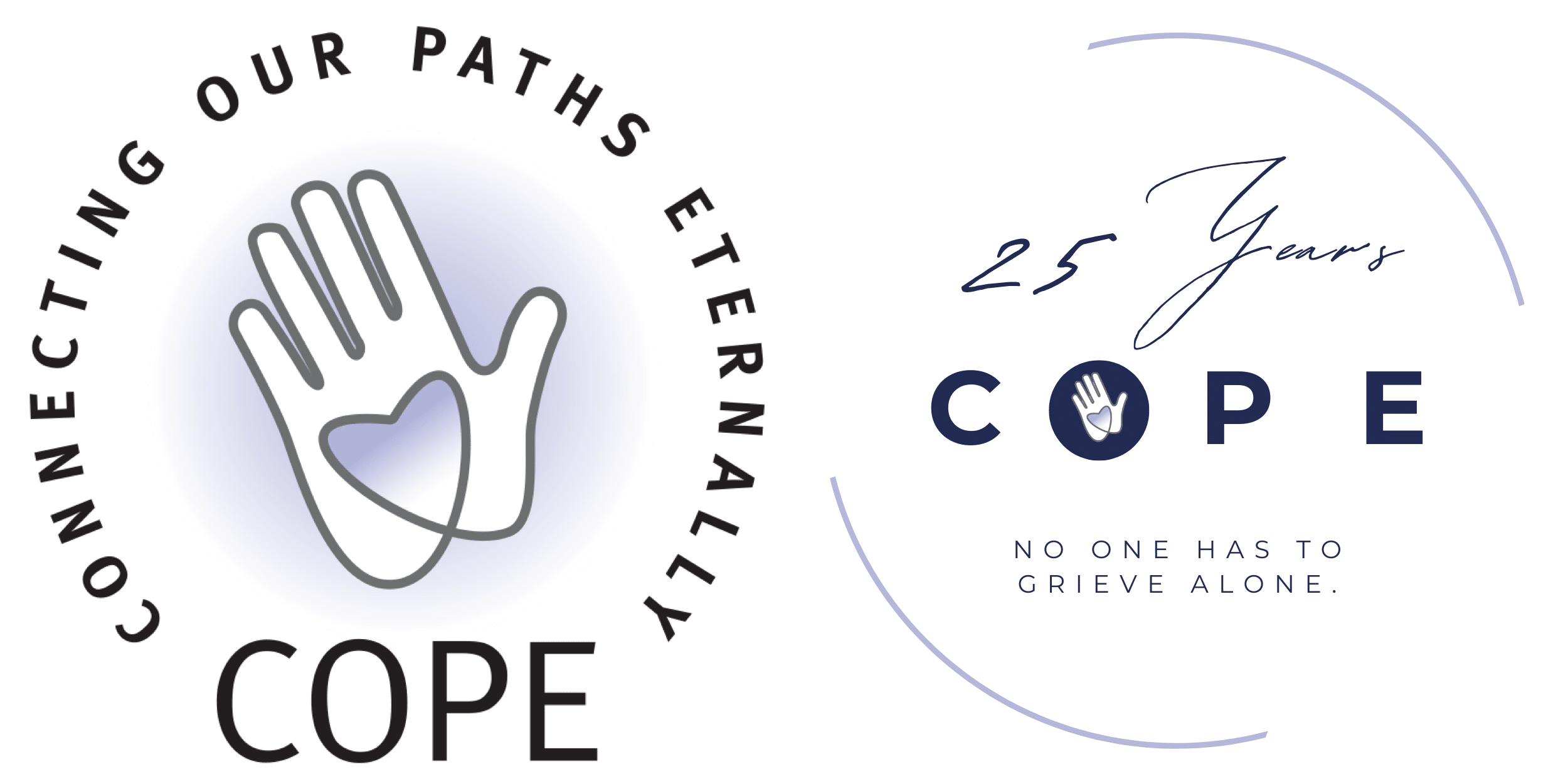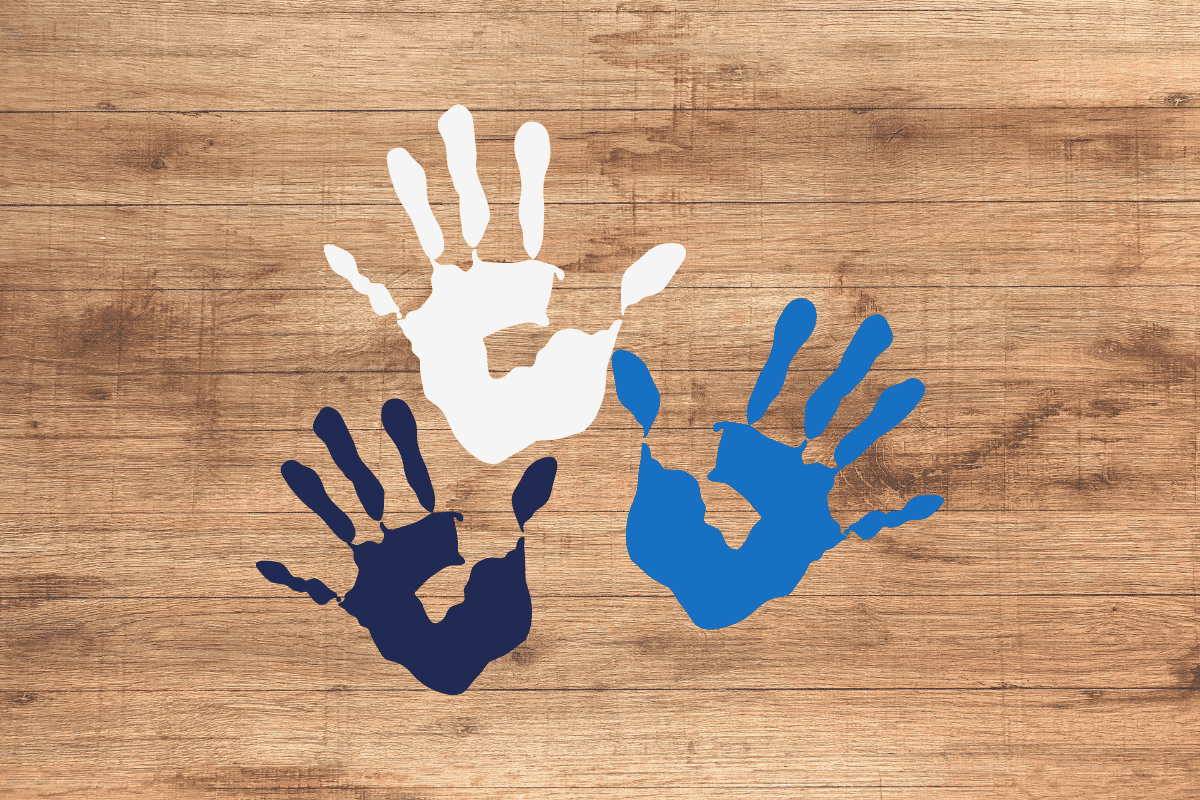I lost my dad suddenly in June 2015, when I was a Junior in high school. I was in disbelief. I remember feeling overwhelmingly sad, angry, guilty, and hopeless all at once. When the initial shock wore off and I realized this was my new reality, I thought “how am I supposed to go back to school.” I would have to go back to take my finals and face the stares from my classmates who all heard about it. My close friends were as supportive as they could be, but having never lost a parent or close family member themselves, there was only so much they could understand. I was so angry at how unfair the world can be, and that there was no one in my immediate support group who understood what it’s like to have your world overturned.
Then, 2 months later, my mom asked if I’d be willing to attend a bereavement camp her co-worker volunteers for, Camp COPE. Still a disgruntled teenager I thought “I haven’t been to camp since I was 12. How is this ever supposed to help me.” But I could see on my mom’s face how badly she wanted me to go, so I agreed. 6 years later, I’m so glad I took that leap of faith. I spent an entire weekend surrounded by kids that actually understood what I’d been through, having fun and processing our grief with the support of the amazing volunteer staff. Camp COPE was the first place I was able to face my grief head on and begin the healing process.
Grief and healing is a life-long process; Children’s grief does not go away as they get older and become adults. It comes in waves with highs and lows. For me, and many children that are grieving, grief is strongest at different milestones: graduations, birthdays, proms. All reminders that their person is no longer here. Another thing I’ve noticed is that adults can underestimate a child’s grief. They think (or hope) that they’re too young to understand, they don’t remember their person, or that going to memorial services would be too much for them to handle. I’ve learned from my own grief experience and from volunteering with Camp COPE that kids understand more than adults give them credit for. Grief is as unique to children as it is to adults, and it’s important to give them the opportunity to work through their grief and share their experience however is best for them in a safe way. If you know a child that’s grieving this National Children’s Grief and Awareness month, try to make that space. Ask them about their person, give them the opportunity to talk about them with you. You don’t need to have the perfect response ready to fix their grief. Those perfect words do not exist. Just listening without judgement or assumption can go a long way.
– Michaela McBride

